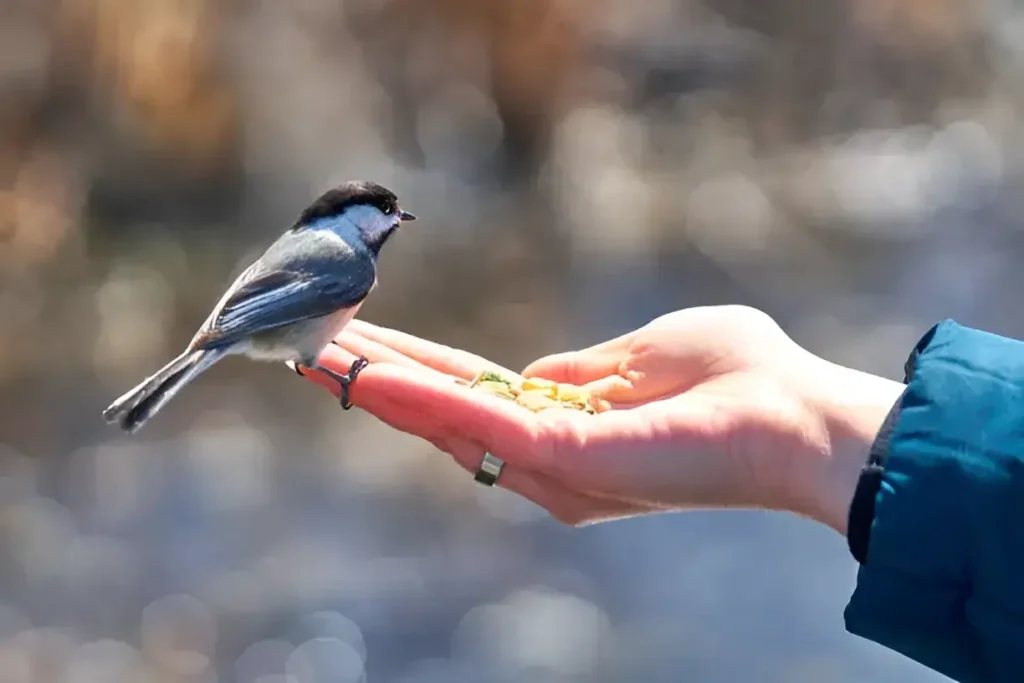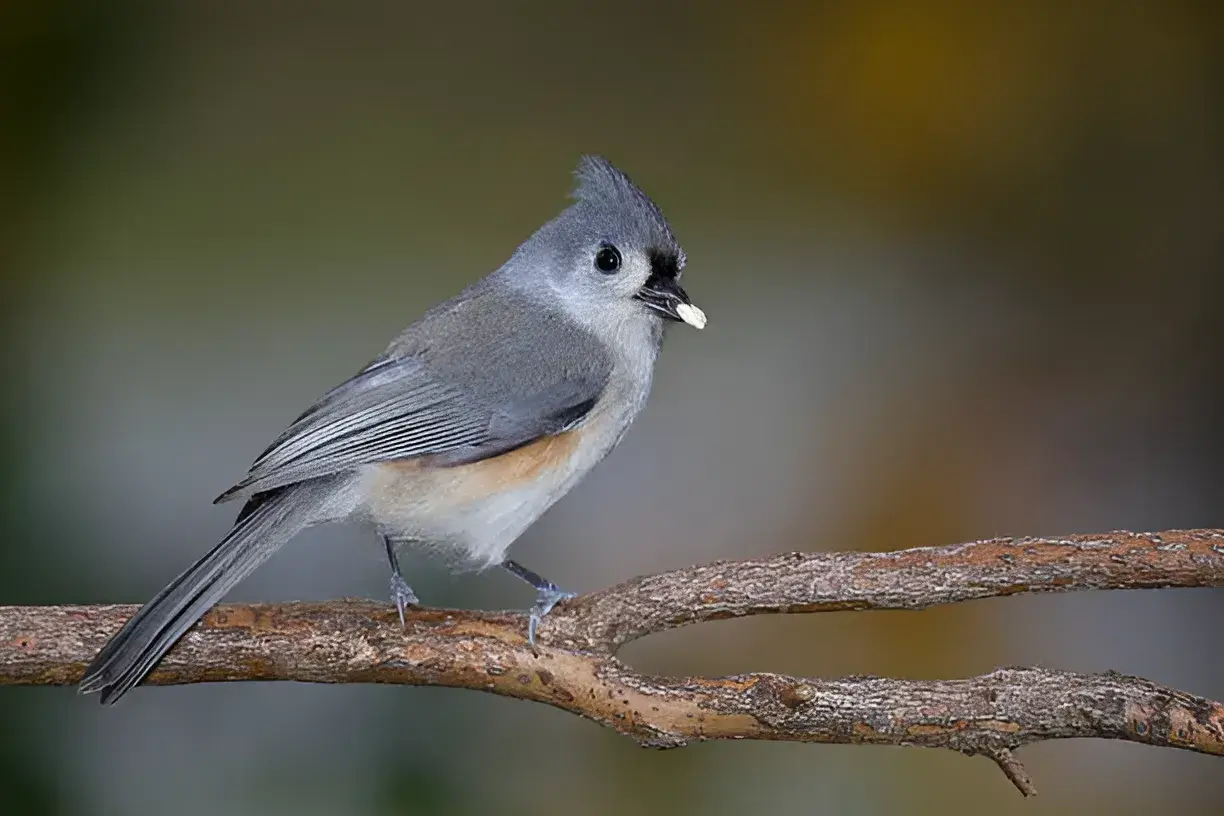Chocolate, in any form, is absolutely toxic to birds. Their small bodies cannot process the theobromine and caffeine found in chocolate, leading to potentially fatal consequences.
Why is Chocolate a Threat?
Theobromine and Caffeine: These stimulants are a bird’s worst nightmare. Birds lack the enzymes to break them down, causing a buildup in their system. This overload leads to serious health problems.
Chocolate Varieties: While dark chocolate is the most dangerous due to its high theobromine content, even milk and white chocolate pose risks. Don’t be fooled by the milder taste – all chocolates are harmful.
Bird Size Matters: Smaller birds are more susceptible to chocolate poisoning. Even a tiny amount can prove lethal for a tiny feathered friend.
Warning Signs of Chocolate Toxicity
If you think your bird might have eaten chocolate, look for these concerning signs:
- Unusually high energy and restlessness: Your bird might seem unable to settle down.
- Digestive upset: Vomiting or diarrhea can indicate their system is struggling.
- Rapid heartbeat: You might be able to see or feel their heart racing.
- Shaking and tremors: Involuntary movements signal a dangerous reaction.
- Discolored droppings: Darkened droppings may suggest internal complications.
- Sudden weakness or collapse: This is an emergency situation.
Emergency Action: Don’t Wait to Seek Help
If you suspect chocolate poisoning, contact your avian veterinarian or an emergency animal hospital right away. Do not attempt to treat your bird at home, as every minute counts.
Chocolate is Everywhere: Products to Watch Out For

Think beyond the obvious chocolate bars. Many everyday items contain chocolate:
- Cakes, cookies, and brownies
- Chocolate-covered candies and coffee beans
- Hot cocoa mix and chocolate milk
- Chocolate-flavored cereals and ice cream
Always check ingredient lists and keep these products out of your bird’s reach.
Bird Psychology: Why They Love Chocolate
Birds have a natural curiosity and a sweet tooth, making chocolate’s smell and taste enticing. Unfortunately, they don’t instinctively know what’s harmful. This means it’s our job to protect them!
Myths and Misconceptions
Let’s bust some common myths that could endanger your bird:
Myth: “My bird only ate a little bit – it’ll be fine.” Fact: Any amount is a risk. Consult your veterinarian immediately, regardless of quantity.
Myth: “White chocolate doesn’t have those bad things.” Fact: White chocolate still contains theobromine, though less than darker varieties. It’s NOT safe.
Myth: “If they seem okay, the danger has passed.” Fact: Symptoms can take time to appear. Don’t take chances – seek veterinary advice.
Safe and Bird-Approved Treats
Don’t worry – there are loads of delicious, bird-friendly alternatives:
- Fruits: Bananas, berries, melons, mangoes (safe and packed with goodness)
- Vegetables: Leafy greens, broccoli, carrots (variety is key for optimal nutrition)
- Nuts and Seeds: Unsalted, natural options. (provide a healthy source of fats)
- Cooked Whole Grains: Brown rice, quinoa, (a satisfying and nutritious option)
Prevention Tips
- No chocolate in bird rooms: If your bird has free roam, designate those areas chocolate-free.
- Supervise closely: Keep a watchful eye during holidays or when chocolate treats abound.
- Educate everyone: Ensure children and visitors in your home understand the danger to birds.
The Importance of Awareness
Chocolate poisoning is preventable. By spreading awareness and keeping chocolate treats well out of your feathered friend’s reach, you can protect your beloved pet. A little care goes a long way in ensuring their health and happiness.
Conclusion
Chocolate might be a delightful indulgence for us, but it’s a hidden poison for our feathered companions. By staying informed and vigilant, we can give our birds the long, healthy, and chocolate-free lives they deserve.
The photo featured below the post headline is Credit: WilliamSherman/istockphoto
I hope you find this post helpful and informative. If Yes’ feel free to share it with your friends!
Frequently Asked Question
My bird ate just a tiny bit of chocolate. Should I still be worried?
Yes! Any amount of chocolate is a cause for concern. Contact your veterinarian immediately for advice.
Are there any bird-safe chocolate alternatives?
Unfortunately, no. True chocolate and its components will always be toxic to birds. Stick to the healthy treat options listed above!
What should I do if I find my bird has eaten chocolate?
Don’t panic, but act fast. Contact your avian veterinarian or an emergency animal hospital right away. Do not try to induce vomiting at home.
What happens if a bird eats chocolate?
Birds can experience symptoms like hyperactivity, vomiting, diarrhea, increased heart rate, tremors, seizures, and even death. The severity depends on the type of chocolate and the bird’s size.
How much chocolate can kill a bird?
Unfortunately, there’s no safe quantity. Even a small amount can be lethal for a small bird.
Can parrots eat chocolate?
Absolutely not! Parrots, like all birds, are highly susceptible to chocolate poisoning.
Is chocolate bad for pigeons?
Yes, chocolate is toxic to pigeons and all other birds.
Can birds eat chocolate spread?
No, chocolate spreads like Nutella contain a significant amount of chocolate and are dangerous for birds.
Can wild birds eat chocolate cake?
No. Chocolate cake poses the same risks as any other chocolate product and should never be offered to wild birds.
Is it safe to give birds cookies?
It depends. Plain, unsweetened cookies made with bird-safe ingredients might be okay in moderation. However, most commercial cookies contain chocolate chips, sugars, and other potentially harmful ingredients for birds.
What if my bird ate chocolate a few hours ago and seems fine?
Don’t be fooled! Symptoms can take time to appear. Contact your veterinarian immediately; don’t wait for signs of trouble.
Are there any home remedies for chocolate poisoning in birds?
No. Do not try to treat your bird yourself. Immediate professional veterinary care is crucial for their survival.
Can birds eat chocolate-covered raisins?
No! Both chocolate and raisins are toxic to birds, making this a double danger.
My bird ate dark chocolate – is it more dangerous?
Yes. Dark chocolate has the highest theobromine levels, making it the most toxic type for birds.
What should I do if I can’t reach my veterinarian and my bird ate chocolate?
Contact an emergency animal hospital immediately. Do not delay seeking help.
Are there any long-term effects if my bird survives chocolate poisoning?
Possibly. Depending on the severity, birds may experience lasting organ damage. Consult your vet for follow-up care.
Is unsweetened baking chocolate safe for birds?
No. Unsweetened chocolate has even higher theobromine concentrations and is extremely dangerous.
My bird ate white chocolate – should I still be concerned?
Yes. While white chocolate has less theobromine, it’s still toxic and requires veterinary attention.

